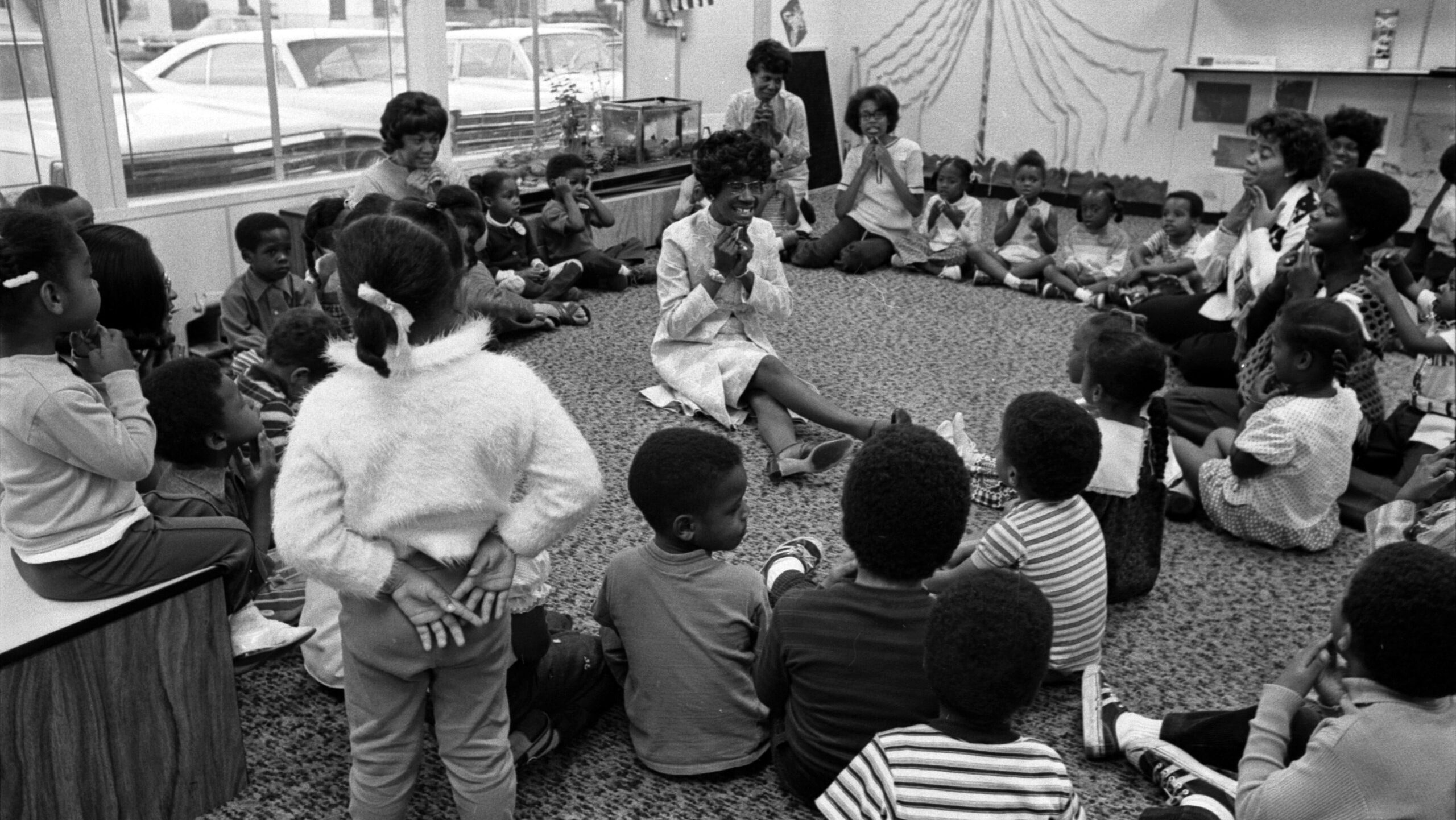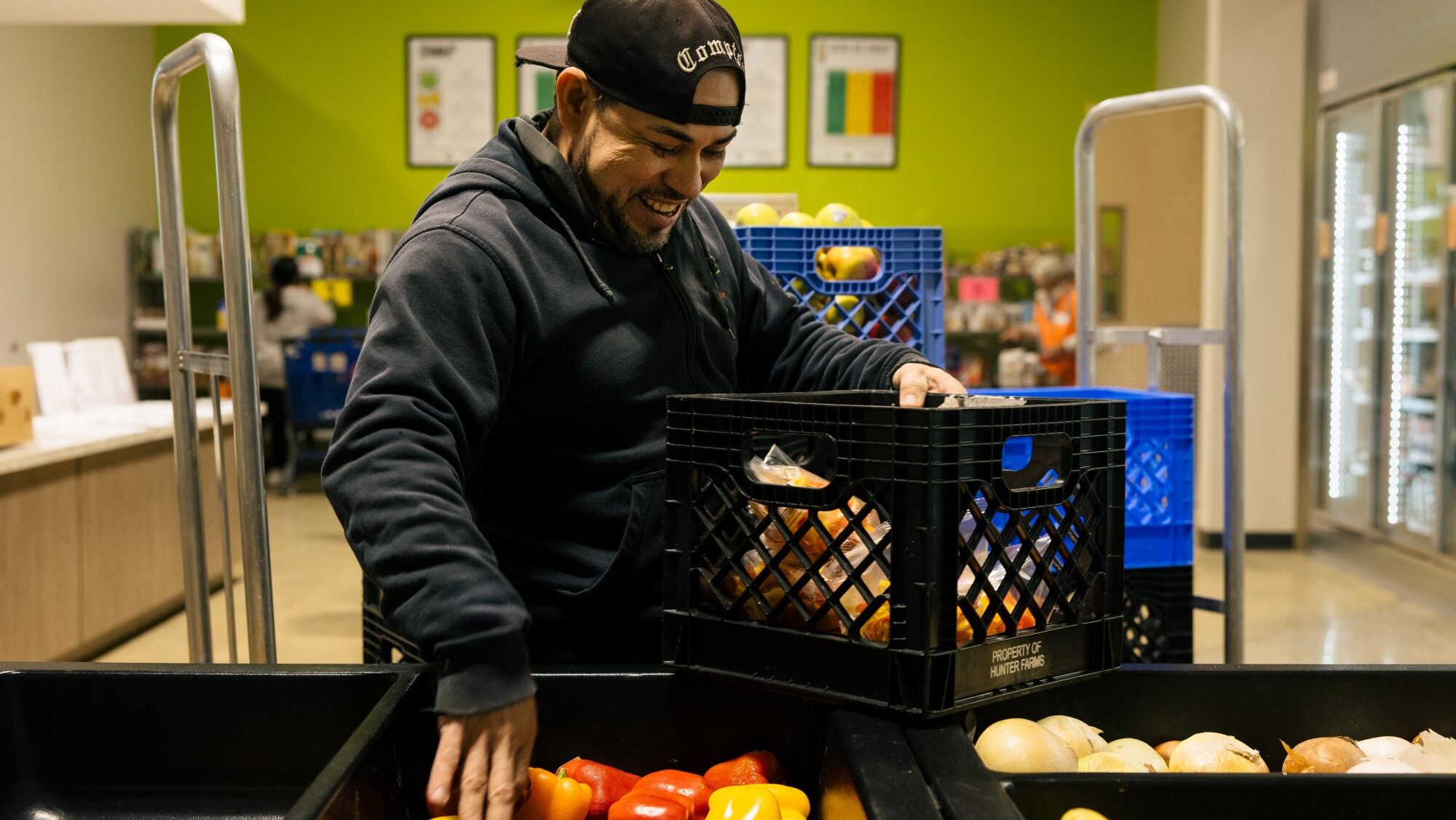For centuries, Black community members have played a pivotal role in shaping our food system and leading efforts to improve food access in the United States. This Black History Month, we celebrate the remarkable contributions of Black leaders who have shaped our nation’s food assistance programs. Their activism, advocacy, and unwavering commitment to social justice have made a profound impact on the lives of countless individuals and families.
Those visionary leaders planted the seeds of what would become nationwide food assistance efforts, in a time of racism and discrimination, forces that contributed to systemic inequities that limited access to affordable, nutritious food. Those inequities persist today; Black individuals are 2.2 times more likely to live in food-insecure households than white individuals. This reality underscores the ongoing importance of the work started by these pioneers.
Header Photo: John Malmin, UCLA Library Special Collections
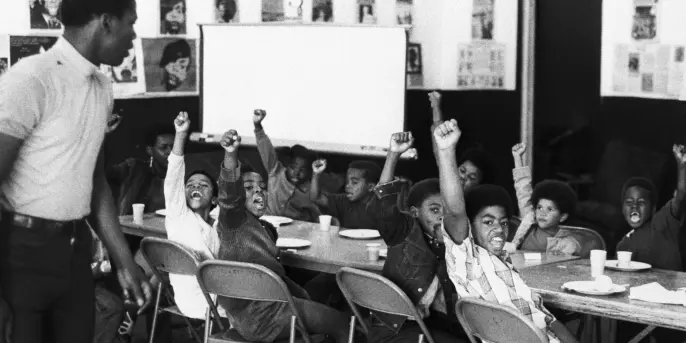
School Breakfast Program
Take the federal School Breakfast Program as a prime example. It was the Black Panther Party who, in the late 1960s, recognized the devastating impact of child hunger on Black communities. Ericka Huggins, a former leader of the Black Panther Party, played a key role in implementing the Free Breakfast for Children program. By 1971, children in 36 cities across the nation received free meals, ultimately inspiring the creation of the federal School Breakfast Program in 1975.
Photo: Bettmann Archive/Getty Images
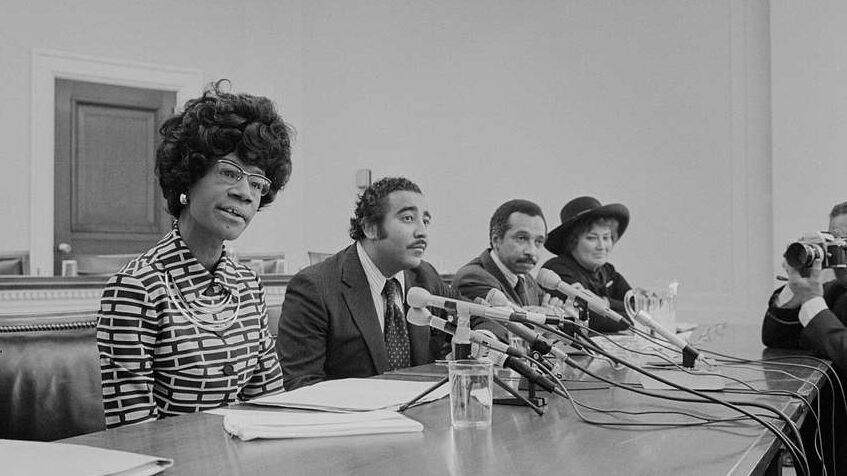
Champion for the underserved
Shirley Chisholm, the first Black woman elected to Congress, was a champion for the underserved. Witnessing the devastating impact of malnutrition in her community, she became a vocal advocate for improved nutrition among low-income pregnant women, infants, and children. Her tireless efforts played a pivotal role in shaping the Special Supplemental Nutrition Program for Women, Infants, and Children (WIC), ensuring the program effectively reaches those most in need.
Photo: U.S. News & World Report Magazine Photograph Collection (Library of Congress).
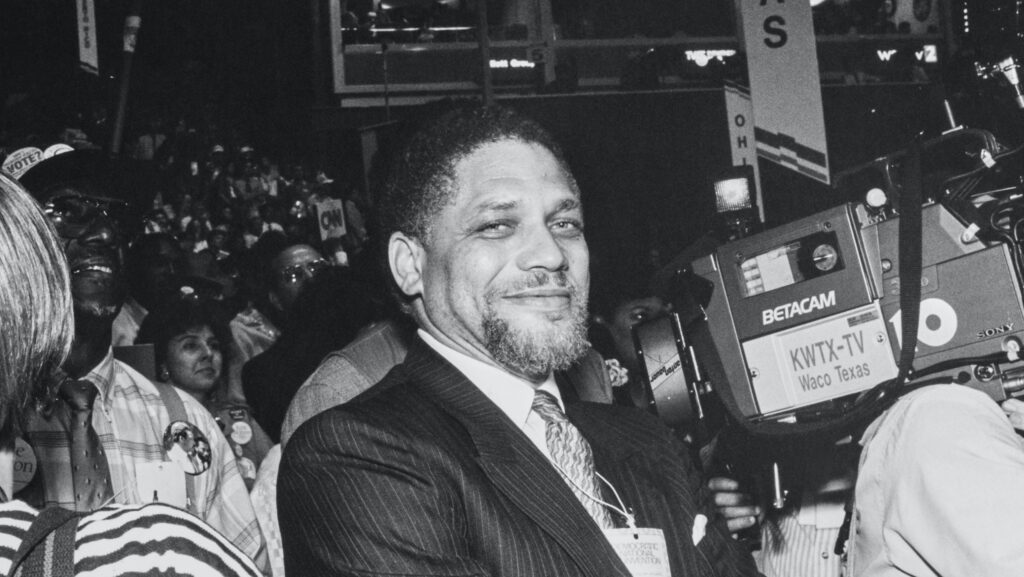
A legacy that continues to inspire
Representative Mickey Leland was another visionary leader in the fight against hunger. Known as an anti-poverty activist, he dedicated his life to public service, spearheading campaigns to increase access to food and address homelessness. Leland’s advocacy led to the creation of the House Select Committee on Hunger, which played a crucial role in expanding food assistance programs and strengthening support for vulnerable populations. His legacy continues to inspire us through initiatives like the Mickey Leland Memorial Domestic Hunger Relief Act.
Photo: Andrea Mohin / CQ Roll Call via Getty Images
These are just a few examples at the federal level of the many Black leaders who have made significant contributions in the fight for a hunger-free future. Their tireless advocacy efforts and their innovative approaches have transformed the landscape of food assistance in the United States. As we celebrate Black History Month, let us remember their legacies and continue their work toward a more just and equitable food system for all.
If you are inspired to join us in making sure everyone has enough to eat, please visit www.brafb.org/get-involved/ to find out how you can make a difference!
Your Voice Matters!
The future of many of the federal food assistance programs we rely on today to make sure our neighbors have enough to eat, is uncertain. Government nutrition programs should ensure that children, seniors, and families living with hunger have nutritious food to lead healthy, active lives. We can make the most impactful change if we lift our voices together.
Help us spread the word about hunger and urge our public leaders to pass policies that help food banks and people living with hunger.
 Chew On This
Chew On This
